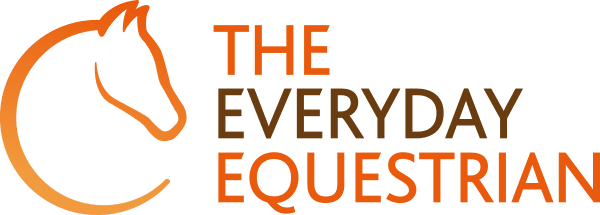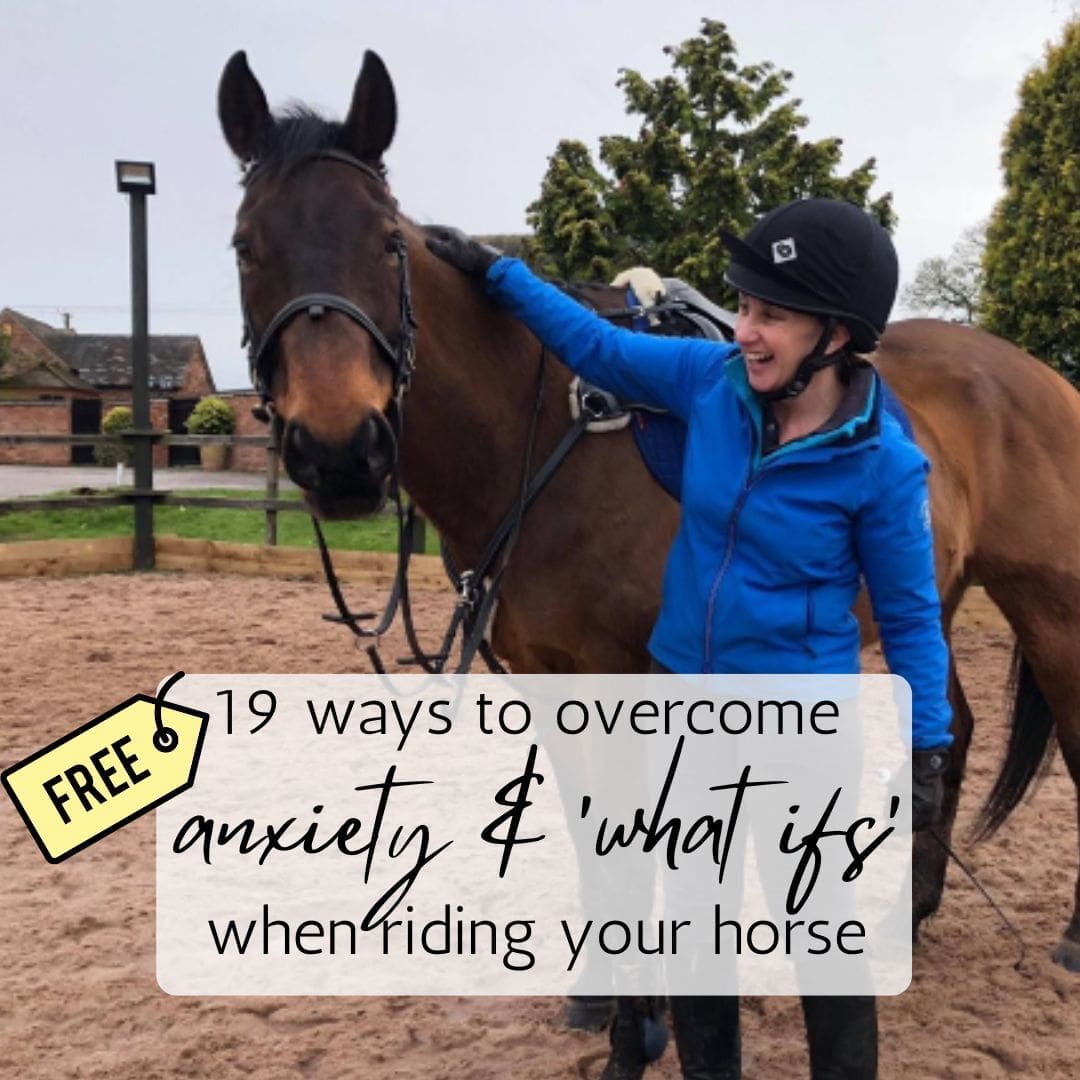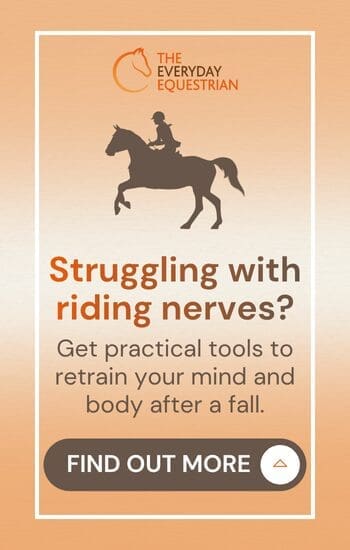Managing the Veteran Horse
www.theeverydayequestrian.co.uk
For many horse owners, there comes a time when your horse gets older and his needs change. For some, this might happen at a reasonably young age, but for others changes may not become evident until the horse or pony gets past 20 years old. As with the human population, horses are increasingly living well into old age!
So what kind of things do we need to consider?
- Teeth
As horses age, their teeth erupt and become worn down through grazing and fibrous feeds. This is an absolutely normal process, and the horse has evolved to ‘push’ their teeth out as their grinding surface is worn away. However, for many older horses, teeth can increasingly become a problem. Incisor teeth at the front of the jaws are often the easiest to assess and these can virtually disappear altogether. The molar teeth are worn away at a similar rate, so owners should consider that if they see changes in the incisors, they could be reflected in the molar teeth.
The effects of these changes can mean that the older horse struggles to eat, whether they are no longer able to tear grass with their incisors, or whether they can no longer grind down tough, fibrous grasses & hay.
It is advisable to have more regular dental checks for the veteran horse, i.e. every 6 months, to help manage any changes as they happen.
- Feed
Older horses can struggle to breakdown and absorb nutrients from feed and roughage. There are many feeds available on the market designed specifically for the veteran horse, allowing a good balance of appropriate nutrients, which can also be soaked to help the horse digest the product.
As always, the basis of any horse’s diet should be roughage/pasture, however older horses can start to lose condition, particularly over the winter months, so it is important to get independent advice on formulating a suitable feed ration for each individual horse.
- Workload
Changes in the horse’s mind & body could well mean that their workload should be reduced. Remember however that this should absolutely be reflected by a change in feed regime! Wherever possible, workload should be gradually reduced, particular for competition horses who may be used to significant levels of exercise. However, this doesn’t have to mean the end of the fun; think about trying different, less demanding disciplines.
- Feet
Changes in workload might mean that the older horse no longer needs to be shod all round; perhaps the hind shoes could be removed, or the horse could be kept ‘barefoot’. Whichever is most appropriate for your horse, remember that regular attention from a farrier is absolutely essential to maintain health & soundness.
- Health issues
As for humans, as horses age, they become more prone to veterinary problems such as PPID (Cushings), arthritis, lameness & loss of condition. If you are in any doubt, then it’s important to seek veterinary advice & assessment. Please try not to Google everything or to ask social media; this only ever seems to raise everyone’s stress levels!
- Time
As a horse is retired, it’s not uncommon to spend less time with them, as those daily work sessions stop. Try to find some time in your week to groom & pamper your older horse; it will give you a chance to properly assess them, and they’ll enjoy your company and a pamper!
Just because your horse is getting older, doesn’t mean that your commitments to them reduce; their needs change but you still have a duty of care for them. Any time spent on social media will show that many horse owners try to sell their older horses since they no longer have a job for them to do, however I absolutely believe that in taking responsibility for a horse means that you also take on responsibility for their later years and ultimately their end of days. In my opinion, if you are not able or happy to take on this hugely important role, then please reconsider whether buying a horse is for you.
Veteran horses can offer a huge amount to us; let’s do our best for them.


